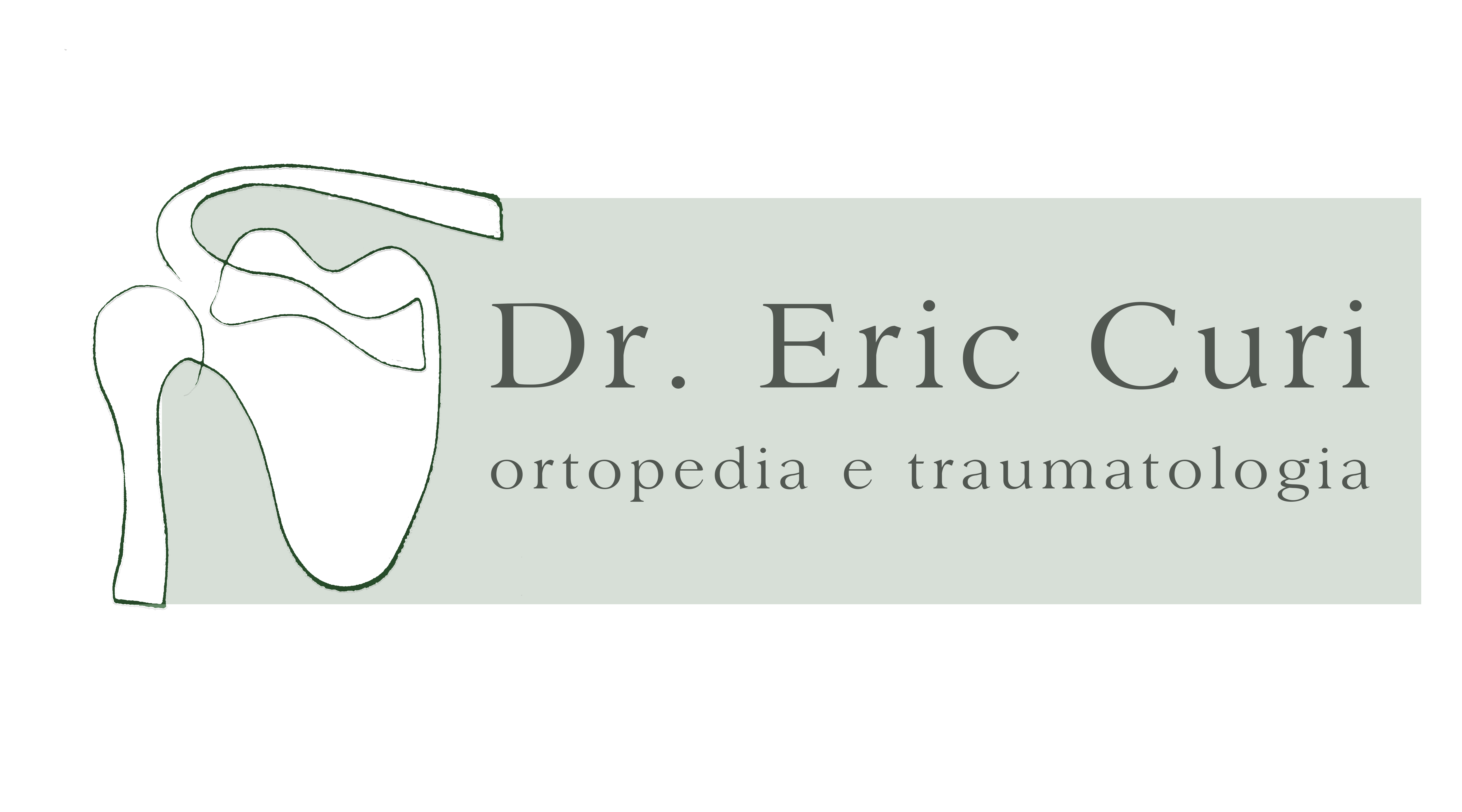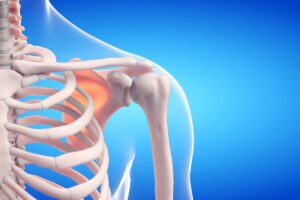Meet Dr. Eric Curi, Orthopedic Surgeon and Traumatologist, specialist in Shoulder and Elbow surgery in São Paulo.
Frozen shoulder | Adhesive capsulitis
Shoulder pathologies
Elbow pathologies
General orthopedics
Últimos Artigos
Have you ever heard of “frozen shoulder”? Medically known as Adhesive Capsulitis, this condition affects many people, especially women between the ages of 40 and 60.
It causes intense symptoms such as shoulder pain and stiffness, significantly impacting the patient’s quality of life.
In this article, we’ll explore what frozen shoulder is, its causes, symptoms, diagnosis, and treatment options.

What Is Adhesive Capsulitis (Frozen Shoulder)?
Adhesive Capsulitis is a condition in which the joint capsule of the shoulder—the ligaments surrounding the glenohumeral joint (where the upper arm bone meets the shoulder blade)—becomes inflamed, thickened, and contracted.
This leads to a significant reduction in shoulder mobility, both in active movement (when you move your shoulder) and passive movement (when someone moves it for you).
Frozen shoulder affects approximately 2% of the global population, making it a relatively common yet debilitating condition.
Although anyone can develop Adhesive Capsulitis, it is most commonly seen in women between 40 and 60 years old.
Additionally, up to 30% of cases can affect both shoulders, though not usually at the same time.


Stages of Frozen Shoulder
Adhesive Capsulitis follows a well-defined course, progressing through three stages:
Painful Stage
- Shoulder pain begins without an obvious cause.
- The pain can be severe, often worsening at night and disrupting sleep.
- The shoulder may feel warm, swollen, or even slightly red.
Stiffness Stage
- Pain may decrease, but shoulder stiffness worsens.
- Everyday activities like washing your hair or putting on a shirt become difficult.
Thawing Stage
- Over time, the pain subsides, and mobility gradually improves.
- However, full recovery can take up to two years.

What Causes Frozen Shoulder?
The exact cause of Adhesive Capsulitis is not fully understood, but several risk factors are well known:
Diabetes
- The most significant risk factor.
- Frozen shoulder is 5 times more common in people with diabetes.
Cervical Herniated Disc
- Problems in the neck (cervical spine) can contribute to frozen shoulder.
Hyperthyroidism
- Thyroid disorders are often linked to Adhesive Capsulitis.
Symptoms and Diagnosis
The main symptoms of frozen shoulder are:
- Severe pain
- Loss of shoulder mobility
The pain is inflammatory and can be debilitating, creating a vicious cycle: pain leads to less movement, and less movement worsens the condition.
Diagnosis is clinical, meaning that a detailed medical evaluation is usually enough.
However, an MRI (magnetic resonance imaging) scan may be useful to confirm the diagnosis and check for other conditions, such as rotator cuff injuries.
It is essential to see a shoulder specialist for a precise diagnosis and personalized treatment plan.
Treatment for Frozen Shoulder
Early treatment is crucial to reduce pain, restore mobility, and shorten recovery time.
- Anti-inflammatory drugs
- Corticosteroids
- Pain relievers
- Opioids (in severe cases)
Physical Therapy
- Key part of treatment to improve mobility and decrease stiffness.
- Multidisciplinary approach with physical therapy is essential for recovery.
Injections and Nerve Blocks
- Repeated injections combined with suprascapular nerve blocks can be effective in certain cases.
Shoulder Injection and Manipulation Under Anesthesia
For severe cases, a shoulder injection followed by manipulation under anesthesia may be recommended.
- The shoulder is injected with medication and saline to expand the tight joint capsule.
- A controlled manipulation is performed to break the capsule adhesions and restore movement.
This technique often provides significant relief and helps restore shoulder function.

When Is Surgery Necessary?
Surgery is an option for severe or persistent cases.
- Arthroscopic capsular release is a minimally invasive procedure that frees the joint capsule and restores mobility.
- Surgery may also be necessary for secondary frozen shoulder—a condition where stiffness is caused by another underlying issue, such as:
- Previous shoulder fractures
- Post-surgical immobility
- Cervical disc herniation
In these cases, surgical intervention is more likely to be required.

Proper treatment can significantly reduce recovery time and improve quality of life.
If you’re experiencing persistent shoulder pain and stiffness, don’t wait!
Schedule a consultation with Dr. Eric Curi today and take the first step toward regaining your mobility and living pain-free.
Want to Learn More? Schedule a Consultation with Dr. Eric Curi.
Vila Olímpia
SARTOR - Medicina Integrada
- (11) 3045-2090
- Rua Helena, 218 - Trade Tower - 4º Andar
- Segunda - Sexta : 09:00 -18:00








